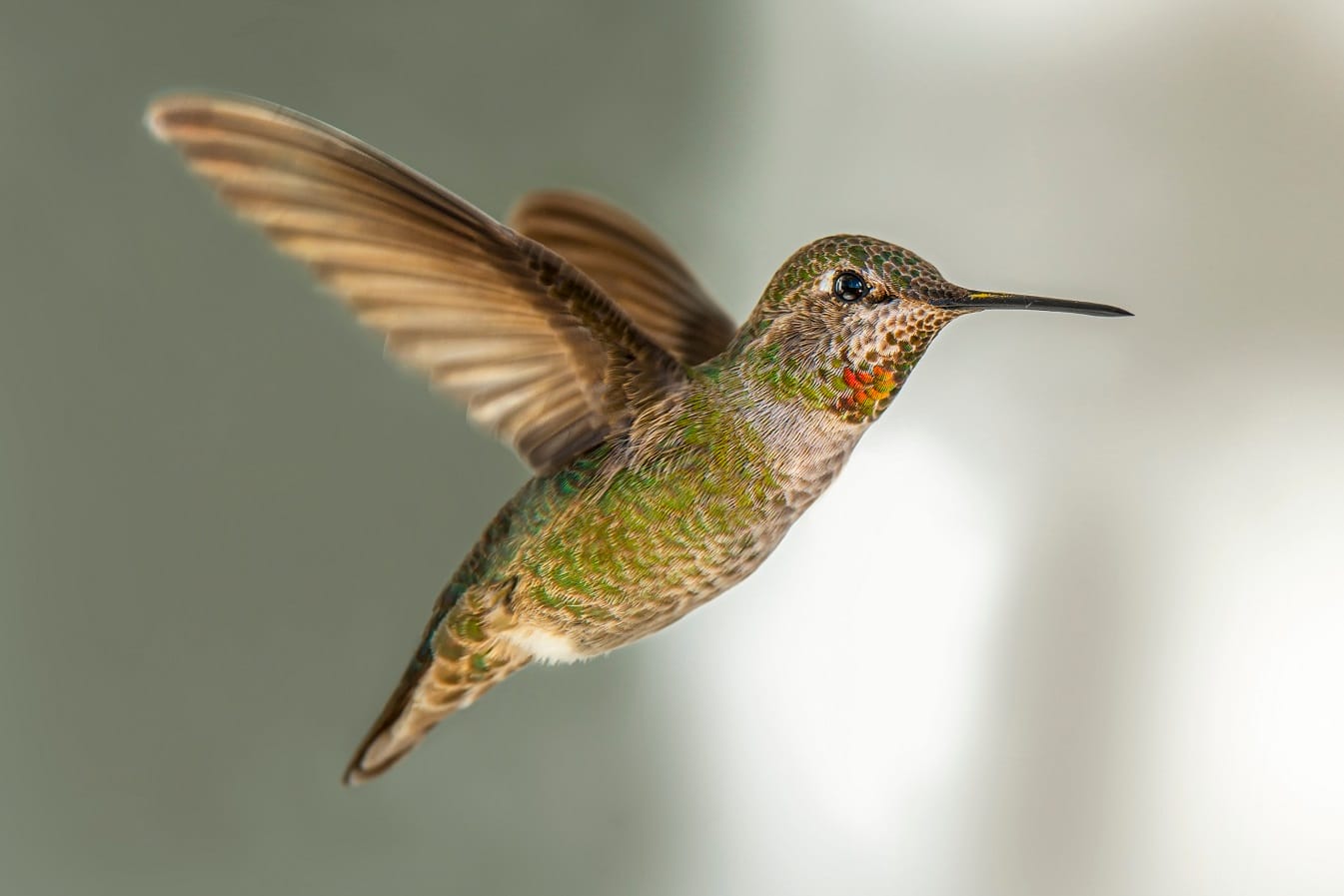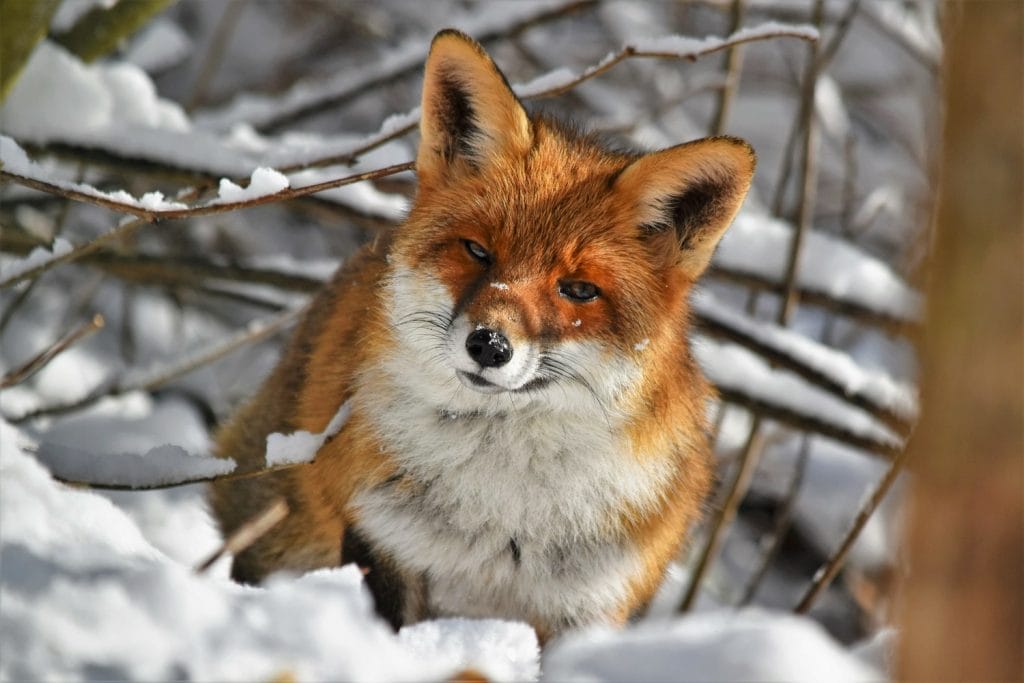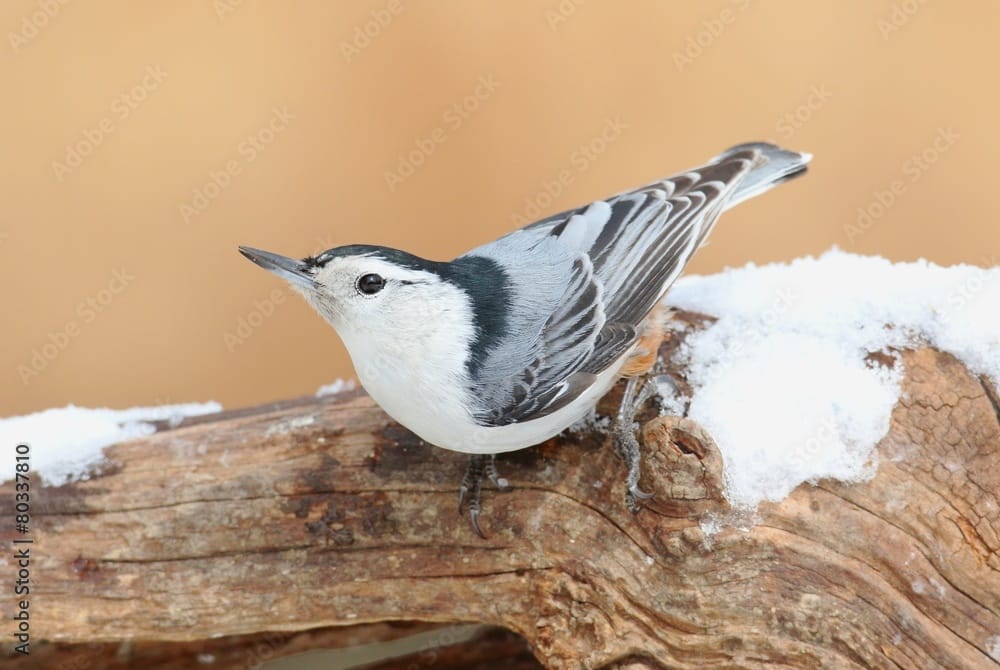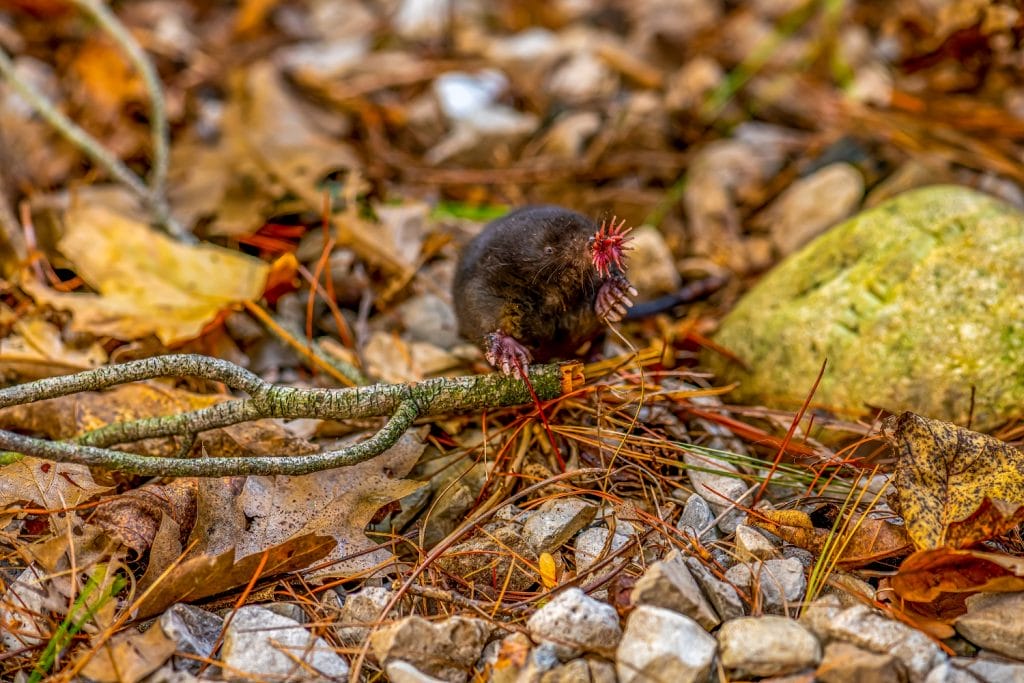Why do birds migrate?
As summer approaches, a good number of birds chased south by our cold winters return to brighten our surroundings. This annual migration is caused by a desire to return to the place where they were born. But is that the only reason for the dangerous journey? Most of the birds that hatch their young in Quebec spend part of the year in Mexico, Central America, South America or the Caribbean.
Some warblers remain for only three months in the Canadian forests where they hatched, spending six or seven months in South America and travelling for two or three months between the two destinations in the spring and fall. Other species such as the snow goose, hummingbird and heron spend only a few months in the north to nest before they travel south for the winter.
Two theories try to explain the phenomenon:
In the first theory, some migratory birds such as plovers and sandpipers were originally from the northern latitudes but were forced to migrate south during the Pleistocene period (between about 2,580,000 and 11,700 years ago) as glaciers covered the northern hemisphere. Taking advantage of the retreat of the glaciers about 10,000 years ago, the birds returned to their place of origin to nest. The winters were colder than they had been before the last Ice Age, however, so the birds migrated south at the end of each summer.
The second theory has it that some other migratory birds originated in the tropics. This would be the case, for instance, for hummingbirds, flycatchers and warblers. The abundant food and favourable climate of the tropics caused overpopulation and prompted the birds to move elsewhere. The retreat of the glaciers encouraged them to move northwards to have their young. Migration had an unexpected advantage, as well. A study has shown that as the migratory birds moved to increasingly higher latitudes, their chances of escaping predators increase.
With each degree of latitude northward, the risk of predation of the birds’ eggs would be reduced by 3.6 per cent due to the gradual reduction in the number of predators as one moves northward. This advantage would explain why birds would make the exhausting and risky trips, traversing entire continents to raise their offspring in peace.
Migrating northward would have been a way to guarantee having a larger family.
More from this author by clicking on his photo below.


Jacques Prescott131 Posts
Jacques Prescott est biologiste, professeur associé à la Chaire en éco-conseil de l’Université du Québec à Chicoutimi. Spécialiste de la biodiversité et du développement durable, il est l’auteur de nombreux livres et articles sur la faune et la conservation de la nature. Il nous fait l’honneur de rejoindre notre équipe de collaborateurs et signera chaque mois une chronique intitulée Faune et flore. / Jacques Prescott is a biologist, associate professor with the Chair in Eco-Counselling of the Université du Québec à Chicoutimi. A specialist in biodiversity and sustainable development, he is the author of numerous books and articles about wildlife and nature conservation. He has honoured us by joining our team of contributors and will write a monthly column entitled Wildlife and Habitat.












0 Comments